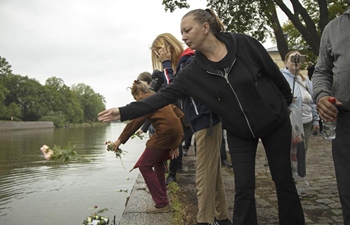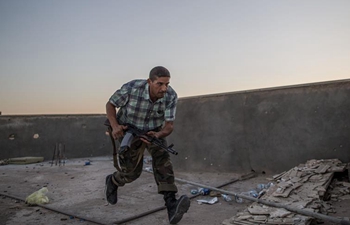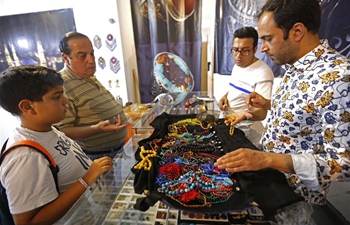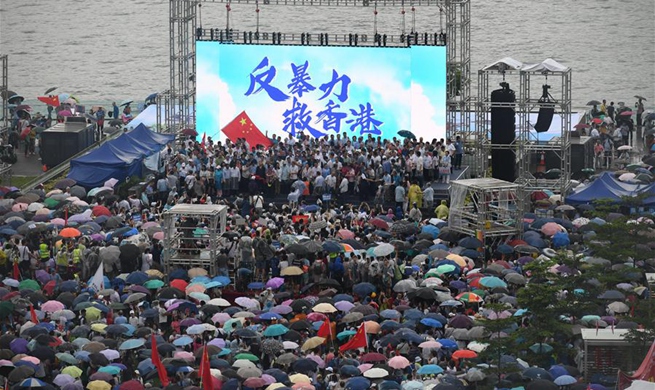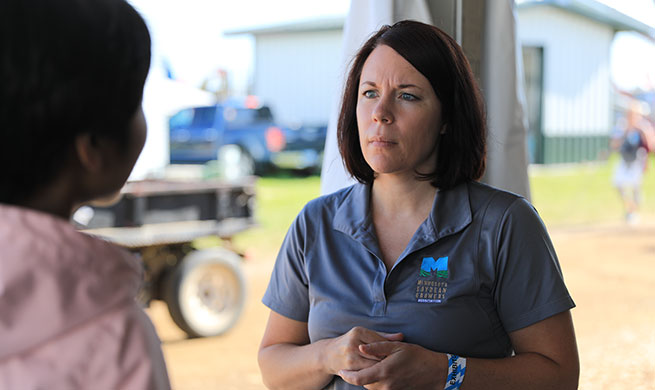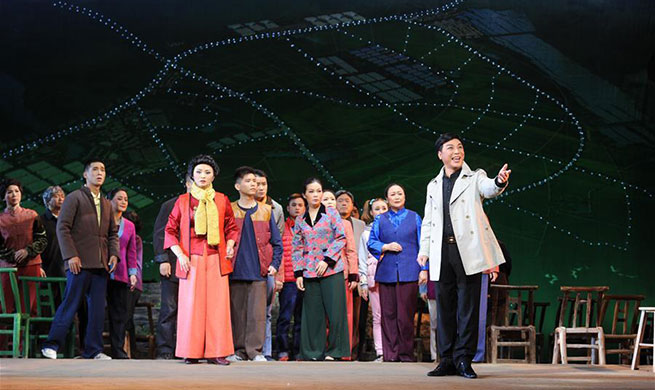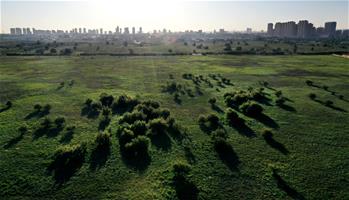CHICAGO, Aug. 19 (Xinhua) -- A study of Northwestern University (NU) has found that that peer influence and social networks might be leveraged to aid gun violence reduction efforts.
An NU program called the Violence Reduction Strategy (VRS) that aims to reduce gun violence in Chicago deterred about 100 victimizations over a two-year period.
VRS seeks to do so by inviting participants with heightened risk of victimization to participate in a meeting known as a "call-in."
At the call-in, a collaborative group of criminal justice agencies, service providers and community members discuss the risk of victimization and the damage caused by gun violence to communities. The participants also may be referred or given information about local social service programs. Part of the program's design is that those invited to the call-in would hopefully carry this message back to those in their own social networks.
The researchers then examined whether VRS reduced gunshot victimization among participants, and evaluated the effect of VRS on the social peers of participants.
In total, 2,349 people were invited to participate in VRS from 2010-2016, 1,642 of whom attended a call-in meeting.
VRS reduced gunshot victimization among participants by around 3.2 percentage points. Additionally, the spillover effects of VRS reduced gunshot victimization among the peers of participants by around 1.5 percentage points.
"The program achieved these reductions while minimizing traditional law enforcement responses that can have a negative impact on communities," said George Wood, first author of the study and a postdoctoral fellow at NU's Institute for Policy Research.
Although the spillover effect is smaller than the primary effect in size, the total reduction in victimization that can be attributed to spillover effects is almost as large as that attributed to the primary effect, resulting in important implications, Wood said.
"We believe our study is the first to estimate an individual-level effect on participants and spillover effects on the peers of these participants," Wood said. "
"Our findings also suggest that the power of networks might be leveraged in other gun violence reduction strategies, such as street outreach efforts of trauma-based interventions, that hope to reduce violence and save lives," said Andrew Papachristos, professor of sociology in the Weinberg College of Arts and Sciences at NU and senior author of the study:
The study is published Monday in Nature Human Behaviour.


